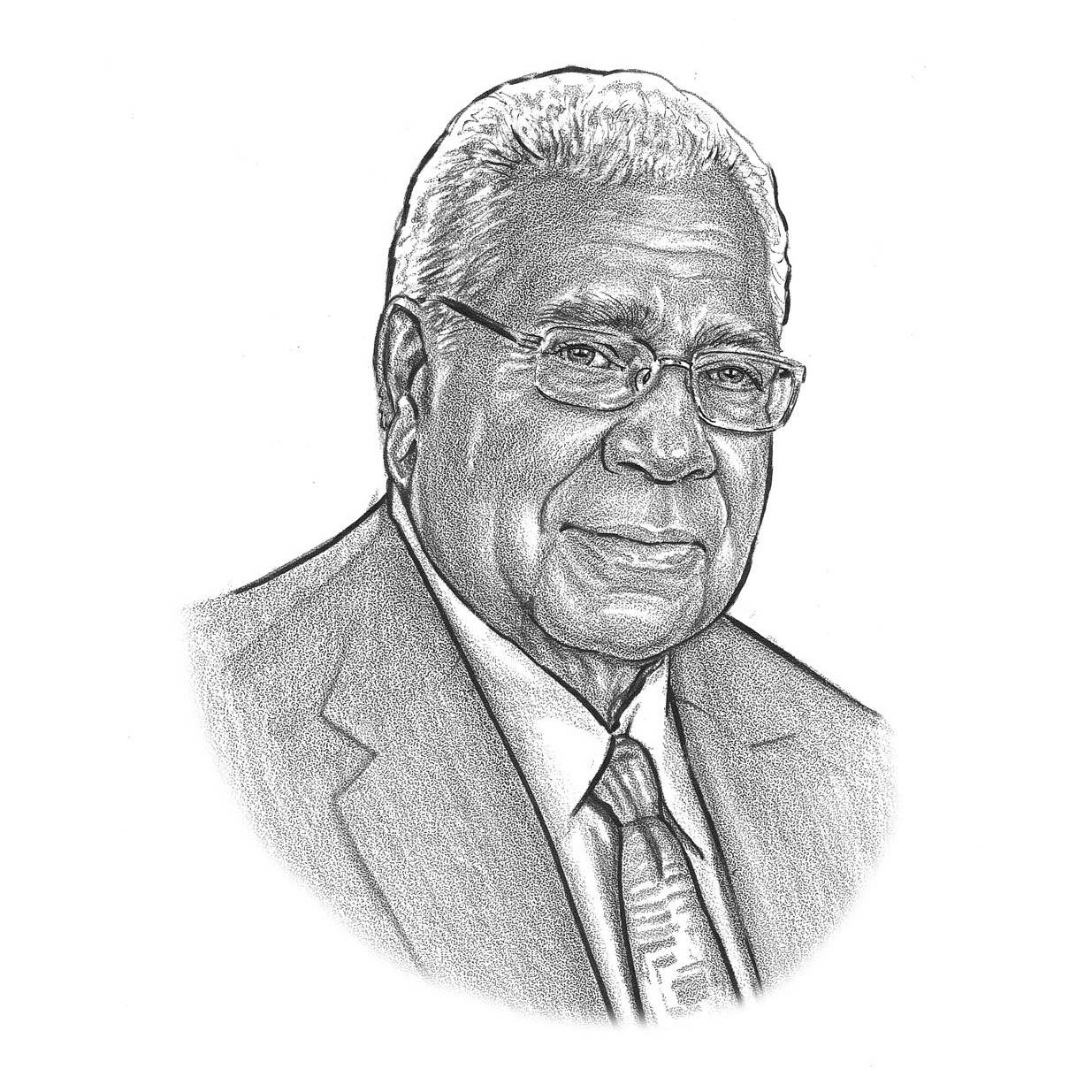Wayne Embry
Wayne Embry embodies and lives by “P” words: preparation, perception, perseverance, persistence, pride and passion. Others will use another “P” word—pioneer—to describe a man who has made his mark during a long and storied basketball career.
Embry joined the Raptors on June 7, 2004, as senior basketball advisor and continues to serve in that capacity. He took charge of the basketball operations area as Interim GM from January 26, 2006 – February 28, 2006. Over the course of that time, Embry engineered two trades (Aaron Williams to New Orleans/Oklahoma City and Jalen Rose to New York) to create significant salary cap space for his successor, Bryan Colangelo, to rebuild the roster in the offseason.
Embry’s career in the NBA spans more than 45 years as a player and front office executive. While Embry enjoyed a successful 11-year career as a player, he will be forever remembered in professional sports circles for being the first African American to be general manager and a president of an NBA club.
Embry became the first NBA African American general manager in 1972 when he was named to the post by the Milwaukee Bucks. He served in that capacity for eight years leading the Bucks to two seasons of 59 or more wins and four postseason appearances, including the 1974 Finals. Prior to joining the organization, he was instrumental in negotiations that brought former teammate and legendary guard Oscar Robertson to Milwaukee to join forces with Lew Alcindor, the first overall pick in the 1969 NBA Draft. In 1971, the Bucks captured the NBA title, becoming the fastest expansion team in sports history to accomplish that feat.
From 1985-92, Embry served as vice-president and general manager of the Cleveland Cavaliers. He moved to an executive vice-president position with the club from 1992-94, and in 1994 once again made history by becoming the first African American NBA team president and chief operating officer. Under his direction the Cavaliers won 40 or more games 10 times, 50 or more on three occasions and advanced to the Eastern Conference Final in 1992. Embry earned The Sporting News Executive of the Year honors in 1992 and 1998, as well as being named Sports Illustrated’s Executive of the Year in 1998.
The 6-foot-8, 240-pound Embry was known as “The Wall” during his playing days for his ability to set solid picks. He appeared in 831 regular season NBA games, averaging 12.5 points and 9.1 rebounds. He averaged double-figures in points in eight of his 11 seasons. Embry participated in 56 postseason contests where he contributed an average of 10.1 points and 8.0 rebounds, including averages of 16.3 points and 13.5 rebounds in the 1963 playoffs.
Embry began his NBA career in 1958 with the Cincinnati Royals, where he played eight seasons, including the final four as team captain. He earned first-team All-NBA honors for five consecutive seasons (1961-65). Embry joined the Boston Celtics for two campaigns (1966-68) and helped the Celtics capture the 1968 NBA championship with a 4-2 series triumph over the Los Angeles Lakers. He finished his playing career the following year as the first captain in Milwaukee Bucks history.
A native of Springfield, Ohio, Embry was a two-time honorable mention All-America selection at Miami (Ohio) University. He was the team’s leading scorer, team captain and MVP in 1957 and 1958, and is the fourth player in school history to have his jersey (No. 23) retired. Embry earned a bachelor of science degree in education and a minor in business administration from Miami.
Embry has been involved in a number of business ventures, including membership on the Federal Reserve Bank of Cleveland’s Board of Directors where he plays a large role in shaping monetary and economic policies. He was enshrined in the Cleveland Sports Hall of Fame in 1998, in the Basketball Hall of Fame in 1999, and has had his high school and collegiate uniform numbers retired. He also has a road named in his honorin Clark County, Ohio.
Embry and his wife, Terri, are the parents of three children: Debbie, Jill and Wayne Jr.



